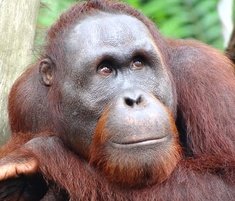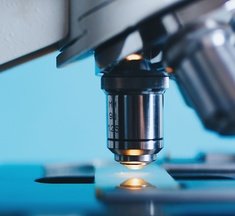Featured Quizzes
User Quizzes
Create Quiz
Data and Charts
Badges and Games
About JetPunk
JetPunk Shop
Dark Mode

Science True or False
Try to guess whether these scientific statements are true or false.
Rate:
Featured Quiz
Last updated: August 30, 2021
You have not attempted this quiz yet.
More quiz info >>
| First submitted | August 30, 2021 |
| Times taken | 32,558 |
| Average score | 73.3% |
| Rating | 4.24 |
4:00
The quiz is paused. You have remaining.
Scoring
You scored / = %
This beats or equals
% of test takers
also scored 100%
The average score is
Your high score is
Your fastest time is
Keep scrolling down for answers and more stats ...
1.
Insects are animals
True
✓
False
✓
2.
Every planet in the solar system has at least one known moon
True
✓
False
✓
Neither Mercury or Venus have moons
3.
Water always boils at 100° Celsius, plus or minus 1 degree
True
✓
False
✓
The temperature at which water boils depends on air pressure. On the top of Mount Everest, water boils at 68° Celsius.
4.
Plant cells have a cell wall
True
✓
False
✓
5.
The Pacific Ocean is growing wider over time
True
✓
False
✓
The Pacific is shrinking and the Atlantic is growing
6.
The Earth's magnetic poles can swap places
True
✓
False
✓
It happens once every 450,000 years on average. Source.
7.
Whales can breathe under water
True
✓
False
✓
8.
There are parts of the moon that are never visible from Earth
True
✓
False
✓
9.
Giant pandas are bears
True
✓
False
✓
10.
Most modern humans have DNA from Neanderthals
True
✓
False
✓
11.
It is impossible to break apart an atom
True
✓
False
✓
12.
Birds have placentas
True
✓
False
✓
Only mammals (not including marsupials and monotremes) have placentas
13.
The Earth has never been warmer than it is right now
True
✓
False
✓
When it was first formed, the Earth was molten. At other times in the Earth's history, subtropical plants grew on the poles.
14.
The Earth is larger than Mars
True
✓
False
✓
15.
Humans are the only animals capable of using tools
True
✓
False
✓
Many animals use tools including orangutans, crows, sea otters, and octopusses
New and Popular
Save Your Progress
Copyright H Brothers Inc, 2008–2024
Contact Us | Go To Top | View Mobile Site









I don't really recall what little school focus was on geology, I don't remember the basic theory :/ If anyone has a brief summary please provide it
For you and me, it's "well insects obviously aren't plants, fungi, or microscopic, so naturally they're animals", but for SouthKorea it might be more like, "idk, bugs?"
Outside of biological settings the examples of animals we think about are almost always chordates, and more often than not mammals.
https://medlineplus.gov/genetics/understanding/dtcgenetictesting/neanderthaldna/